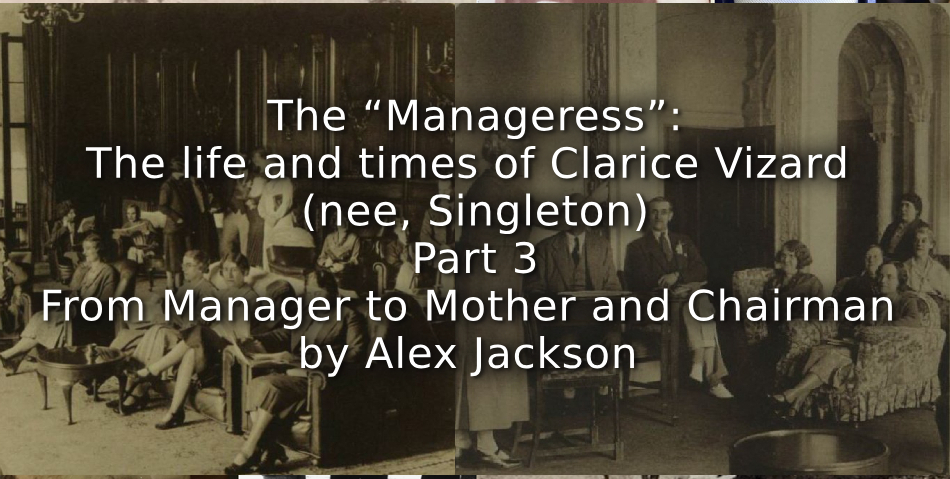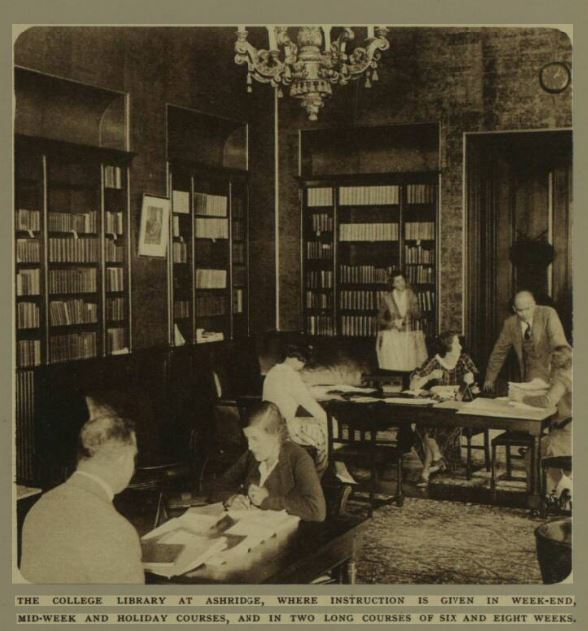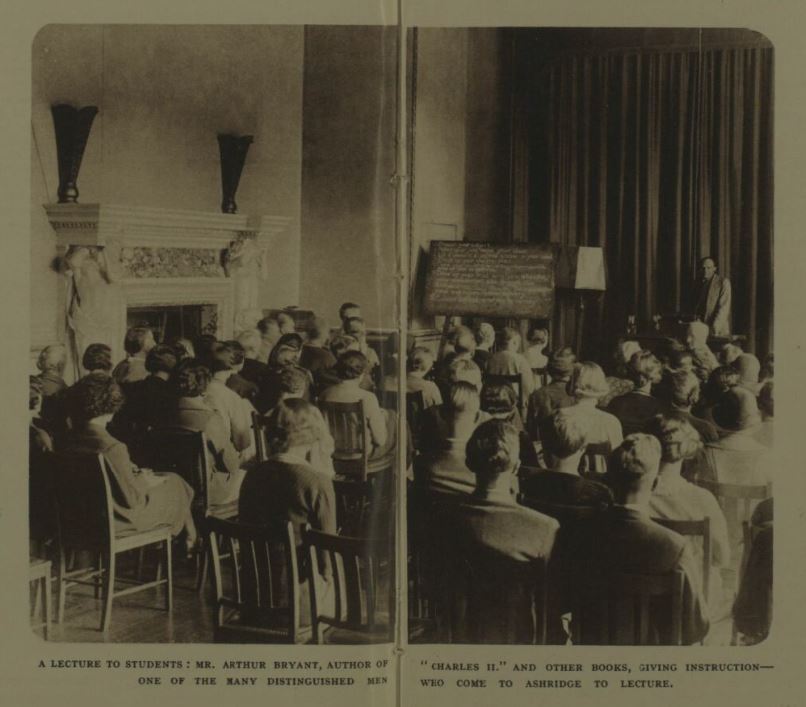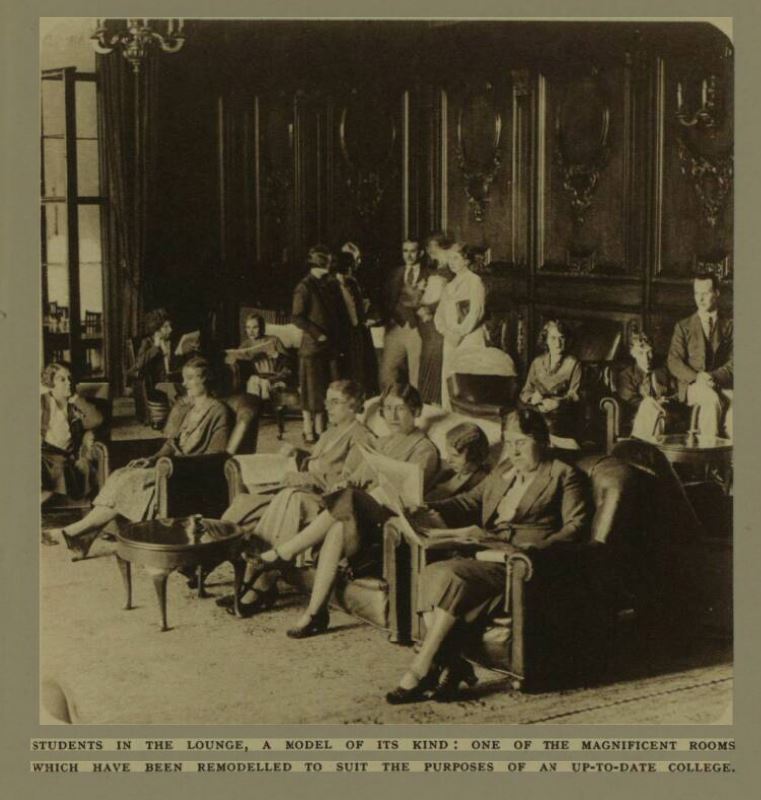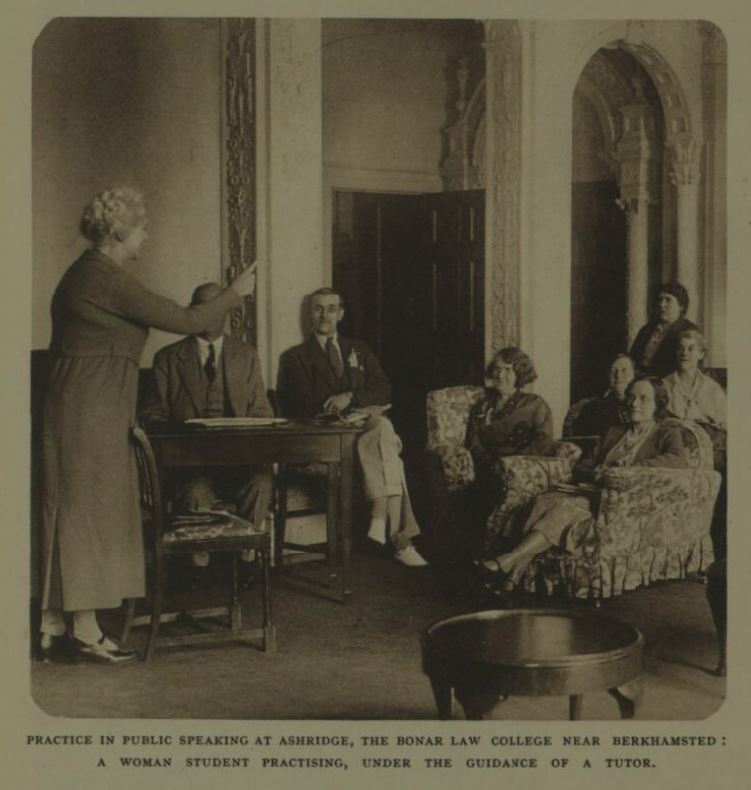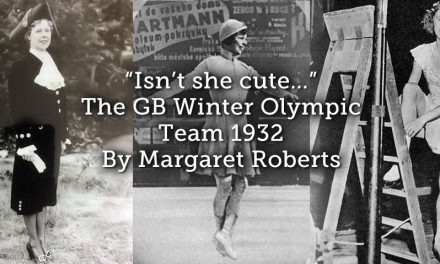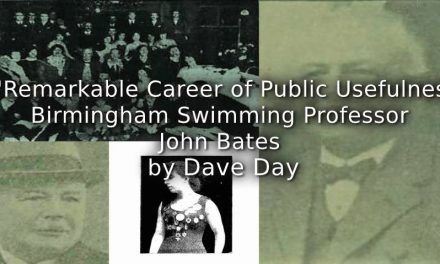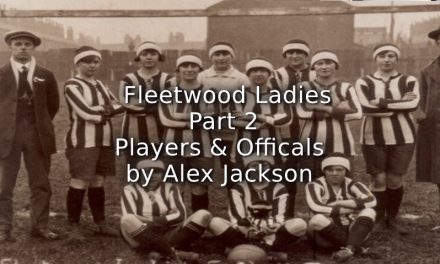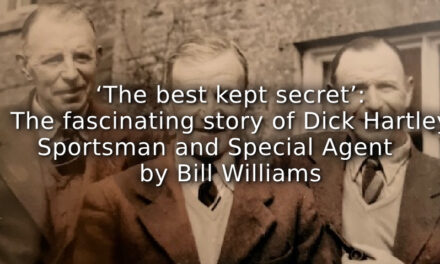To read Part 1- click HERE
To read Part 2 – click HERE
Clarice’s involvement in women’s football came to an end as Edward began to enjoy the most successful part of his career. Bolton Wanderers won the FA Cup in 1923, 1926 and 1929, a period of success that has never been equalled in the club’s history. At this time, the FA Cup was still the most prestigious trophy in English football, and the 1923 win came against the backdrop of the famous ‘White Horse’ Final at the newly opened Wembley Stadium. With a capacity of 127,000, a crowd estimated at 200,000 invaded the ground, with the order barely restored by a detachment of mounted police and the presence of the King.[1] Edward played in all three cup wins and by 1926 had been capped 22 times for Wales. In fact, he had been selected 40 times for Wales but was not always released to play by Bolton. This was a common practise amongst English clubs, who often prioritized their own needs over those of national sides.
This was also a time when their family grew, with the birth of their daughter Margaret Audrey Vizard in 1922 and their son George Lionel Vizard on the 3 August 1926. [2] George married Jackaline R. Downie in Bilston, Staffordshire in 1953, and later becomes borough engineer of Bournemouth.[3] Margaret is believed to have married Captain A.G. Gilberg (Royal Army Medical Corps) in Glasgow in July 1943, but it seems that they separated or divorced and in 1952 she married James H. Dalgleish (born 19 January 1925) in Wolverhampton, Staffordshire (the record states that her surname was either Gilberg or Vizard).[4] She was later noted as later living in Singapore and the Incoming Sailing Record for the Oranje, sailing from New York to Southampton (arrived 14 December 1955) lists her coming back from Singapore with James who was listed as a merchant, and their daughter, Sally Angela Dalgliesh (14 August 1953). Their home address was given as Heston, North Avenue, Middleton-on-sea, Bognor Regis, England, and they were listed as intending to spend only six months in the UK.[5]
Alongside these successes and their growing family, Edward and Clarice also developed an interest and involvement in politics and the Conservative Party. The first decade of their marriage coincided with considerable changes in the UK voting system. The Representation of the People Act (1918) extended the male franchise and allowed women over 30 who met a property qualification to vote. Together, this extended the electorate from eight to 21 million. But it wasn’t until the Equal Franchise Act (1928) that women received the same voting rights as men.[6] These developments meant that political parties now needed to consider the new female voter.
While Edward’s involvement was the more high-profile, Clarice’s was arguably the more successful and with greater consequences. His first appearance was a high-profile one alongside his teammate Joseph Smith in support of Sir Wiliam Edge, the Liberal Candidate for the Bosworth Constituency in Leicestershire in May 1927. A former Liberal MP for Bolton, Sir William was also a Bolton Wanderers director and according to newspaper accounts, counted Vizard and Smith as personal friends. Newspapers carried reports of them sending a telegram to Sir William, promising their support on the election trail, before driving the 110 miles from Bolton to Market Bosworth to assist. All of this was news across the British Isles, while several newspapers carried more detailed accounts of their activities in Leicestershire.[7]
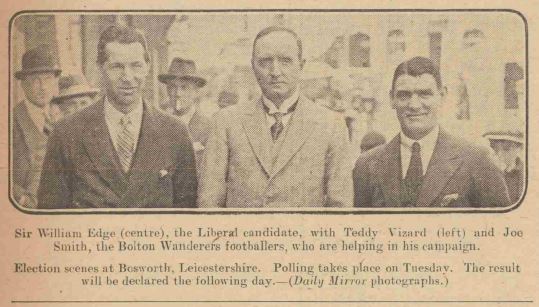
Image 1: Daily Mirror, 28 May 1927. (BNA)
Edward’s first public foray into politics was to help the Liberal and former Bolton MP, Sir William Edge, win the Bosworth seat in Leicestershire.
With thanks to the British Newspaper Archive
While they were not the first professional footballers to appear in support of a political candidate, the relative novelty was not too everyone’s tastes, as this report from the Bolton Evening News illustrates.[8]
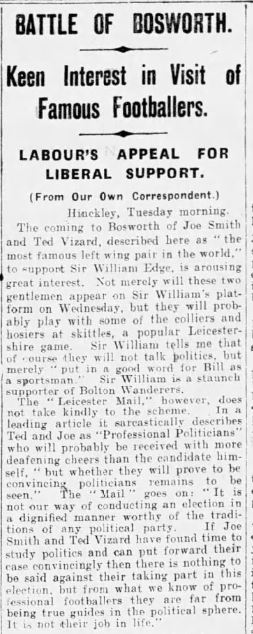
Image 2: Bolton Evening News, 24 May 1927.
With thanks to the British Newspaper Archive
The Bolton Evening News was understandably more positive in its coverage, describing in detail the electioneering that Smith and Vizard engaged in.
SMITH AND VIZARD “CATCH ON.”
A huge excited crowd assembled outside the Hinckley Liberal Club last night to hear Ted Vizard and Joe Smith, who arrived with Sir Wm. Edge bearing the Liberal colours of yellow and green. There was tremendous cheering as they mounted the lorry to speak.
“I have not come here to talk politics,” said Joe Smith, in a clear, unhesitating voice which rang across the square. “I have known Sir William for 20 years and I want to tell you he is a real white man. When Bolton Wanderers won the F.A. Cup there was a Bolton slogan, ‘Give it to Joe.’ (Cheers.) The Bosworth slogan ought to be, Give it to Bill.” (Prolonged cheers).
Ted Vizard then rose and after applause for him had died down he said: “I, too, am not going to talk politics. A gentleman from the same country as myself – Mr. Lloyd George -will tell you all you want to know on that subject. I am very proud to know Sir William as a straightforward man.”
After a rousing speech by Sir William, the crowd gave deafening cheers for Edge and Bolton Wanderers, and surged into the skittle alley where Vizard beat Smith by 169 to 158 points.
To-night the pair will tour the mining areas. Their presence is undoubtedly attracting huge audiences for Sir William.[9]
Sir William Edge was successful in his campaign. A year later Edward revealed his political leanings when he stood as the Conservative candidate for the Derby Ward in Bolton’s municipal elections. The Bolton Evening News reported on his opening speech.
Vizard Scores.
Successful “Shots” at Derby Ward Meeting.
“It is something for Derby Ward to be proud of that Bolton Wanderers F.C had its birth here. Why shouldn’t Derby Ward start the first Bolton Wanderer on his political career ”
Ted Vizard, famous for so long as a prince, among outside-lefts, unmistakably got home with this “shot,” in his first address to Derby Ward electors at Saviour’s Church House last night, Introduced by a director of the club, in Councillor J. W. Makant, as chairman, Vizard made a popular speech, and that his appearance as a candidate in the Conservative interests has excited no small interest was proved by the fact that the crowd was too large for the meeting-room, and over- flowed into the adjacent passage.
He made it quite clear he had not made the decision to enter the election fight without very serious and careful consideration.
“I have been in Bolton many years.” he said, “and have always seemed to get on well with the Bolton public. Now it is up to me to do my level best for the good old town of Bolton in some other capacity.” (Applause and hear, hear.)
But understand,” he added, “I am here as a Conservative, pure and simple. There has been lots of talk going around about my so-called connexion with other parties, including a story to the effect that I have several times in the past offered my services in support of a Labour man. That is not true.”
The candidate also pointed out at in helping Sir William Edge in his successful fight in the Bosworth Division he and Joe Smith did so on the distinct understanding that political speechmaking was out so far as they were concerned. It was merely a matter of speaking to Sir William’s “straightforward character and love of sport,” said the candidate.
Mr. Vizard referred to Bolton’s reputation all ever the country as a well-managed town, as a special compliment to the party that had been in power over 50 years. If elected, he promised to be careful with the rate-payers’ money, was in favour of more houses at an “economic rent,” and pledged himself to support any scheme, whatever party brought it forward, that would alleviate distress caused by unemployment, (Hear, hear.)[10]
A few days later the Bolton Evening News reported that Edward was drawing upon his teammates for support while his Labour opponent was having a little fun with the unusual background of his opponent.
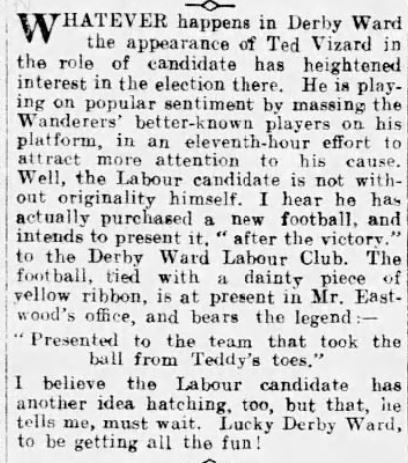
Image 3: Bolton Evening News, 31 October 1928.
With thanks to the British Newspaper Archive
Despite calling the Bolton players to his political platform, Edward was defeated. The Bolton Evening News reported on both the Labour celebrations and the good standing that Ted still enjoyed amongst the Bolton public.
the Labour men let themselves go last night, and in the one very interesting ward where Ted Vizard was the challenger, hilarity reached a tremendous pitch. The football, duly autographed, was presented by the Labour Councillors for the ward. Councillor. Eastwood was good-humouredly rough-housed” and carried shoulder- high into the headquarters, and inside, howls of joy and triumph went on for some time. I understand that the Labour folk are pleased with the way Ted Vizard took his defeat. They told me this morning, that he had been thoroughly sporting over the affair, and I am glad to pass on this tribute to such a popular Bolton figure. Though left outside in Derby Ward, he is not in the cold. They have still a warm spot in their hearts for a good sportsman.[11]
While Clarice did not seek an elected municipal role, her abilities were recognized within the Bolton’s Women’s Conservative Association. In March 1928, the Bolton Evening News reported on their annual meeting. The Association’s President, Mrs Mallett, spoke on the impending extension of the female franchise and the need to steer them towards the Conservative Party, ‘Alluding particularly to the new junior branch for girls over the age of 16, she felt it was an important step, was also pleased to announce that Mrs. Vizard had accepted the chairmanship.’[12] It was in this capacity that Clarice attended the Conservative College, at Ashridge in Hertfordshire, in September 1931.[13]
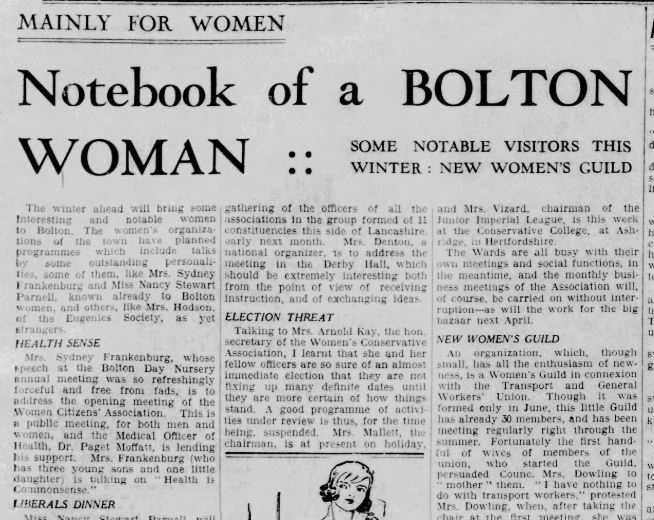
Image 4: Bolton Evening News, 18 September 1931.
With thanks to the British Newspaper Archive
Formerly a monastery, Royal Residence, and private house, the estate was purchased in 1928 for £250,000 by J.C.C. Davidson, the Chairman of the Conservative Party.[14] It was then transferred to Bonar Law Memorial Trust to establish the Bonar Law Memorial College, and until 1954 it acted as a ‘College in Citizenship’ to help educate and train party activists. As Clarisse Berthezene explains, Ashridge and other similar institutions:
were designed to attract a large student body draw from both the middle and wage-earning classes. But the students themselves were also seen as a trainee ‘missionaries’ who would return to their locality and teach as they had been taught. This was particularly the case with Ashridge where the creation of ‘Ashridge Circles’ across the country meant that the College was engaged in extensive extra-mural work, and that its pedagogic reach extended far beyond its immediate student clientele.[15]
An article for the Illustrated London News in 1934 provides a small glimpse into both the facilities and types of courses offered. Students could attend weekend, mid-week, holiday courses of one or two weeks, and finally, either the six-week summer or the eight-week autumn courses.[16] Students could expect to lecture from leading experts, practical exercises in activities such as public speaking, and use of the college library.
- Image 5
- Image 6
- Image 7
- Image 8
Images 5 to 8: Illustrated London News, 24 March 1934.
These photographs from Ashridge College show the kinds of activities and facilities that Clarice enjoyed while attending in 1932
With thanks to the British Newspaper Archive
Participation in political activities also meant attendance at associated social events. The Women’s Section of the Bolton Evening News recorded her attending the Conservative Cabaret Ball at the Palais de Danse in February 1932, describing the dresses of the leading figures. (She wore an ‘oyster satin’ dress with ‘green shoes.’) Also in attendance was Lady Graham, giving an indication of the kind of titled ladies that Clarice might encounter.[17]
Edward’s playing career came to an end in 1930, having made 467 appearances and scoring 64 goals in the Football League for Bolton Wanderers. He was then 41 years old, a club record that would not be broken until 1995 by Peter Shilton. Edward decided to make the transition to coaching and management. After starting as the coach of Bolton Wanderers Reserves, he became Swindon Town’s manager in 1933. Clarice moved with him and continued her interest in politics and was a member of the Women’s Branch of the Swindon Division of the Conservative and Unionist Association in the late 1930s.[18] At the end of the 1938/39 season, Edward left to become the manager of Queens Park Rangers in the Third Division South. They started poorly and were sitting in sixteenth place when Britain declared war on Germany. Ted remained a football manager throughout the Second World War, but for Clarice, the conflict was to bring another period of personal success and a whole new level of responsibility.
Read Part 4 – Click HERE
References/Notes
[1] Dave Russell, Football and the English (Preston: Carnegie Press, 1997), pp.120-121.
[2] England & Wales, Civil Registration Birth Index, 1916-2007, accessed 23.12.2024.
[3] England & Wales, Civil Registration Marriage Index, 1916-2005, accessed 23.12.2024.
[4] Dundee Courier, 7 July 1943, England & Wales, Civil Registration Marriage Index, 1916-2005, accessed 23.12.2024.
[5] UK & Ireland, Incoming Passenger Lists, 1878-1960, accessed 23.12.2024. See also Wolverhampton Evening Star, 8 January 1971.
[6] https://www.parliament.uk/about/living-heritage/transformingsociety/electionsvoting/womenvote/overview/thevote/ accessed 25.1.2025.
[7] See Western Morning News, 23 and 25 May 1927, Bolton Evening News, 24 and 26 May 1927, Hully Dail Mail, 26 May 1927, Leeds Mercury, 26 May 1927, Leicester Mercury, 26 May 1927, Westminster Gazette, 27 May 1927, Daily Mirror, 28 May 1927, The Scotsman, 31 May 1927, Northern Whig, 31 May 1927.
[8] Harold Fleming of Swindon Town and England supported the local Unionist candidate in the 1910 General Election. In the same year, Middlesbrough players were used by club Chairman and Unionist candidate Thomas Gibson Poole to endorse his unsuccessful bid for Parliament. Poole also attempted to fix the result of a derby with Sunderland and as a result was banned for life by the FA.
[9] Bolton Evening News, 26 May 1927.
[10] Bolton Evening News, 26 October 1928.
[11] Bolton Evening News, 2 November 1928.
[12] Bolton Evening News, 2 March 1928.
[13] Bolton Evening News, 18 September 1931.
[14] https://academic.oup.com/manchester-scholarship-online/book/19883/chapter-abstract/178774717?redirectedFrom=fulltext and https://www.ashridgehouse.org.uk/history/ accessed 6.1.2025.
[15] https://academic.oup.com/manchester-scholarship-online/book/19883/chapter-abstract/178782474?redirectedFrom=fulltext accessed 6.1.2025.
[16] Illustrated London News, 24 March 1934.
[17] Bolton Evening News, 2 February 1932.
[18] North Wilts Herald, 17 December 1937. See also 20 January 1939.

